I will admit, on the surface, this seems like an odd question to ask. However, consider the following…
Beginning with the launch of the Game Boy Advance in the summer of 2001, numerous SEGA titles would begin showing up on the Nintendo handheld. This included everything from the underrated Sonic Battle, to a rather slick port of SEGA Rally Championship.
Jumping ahead to the Fall of that same year, this trend continued with everything from Crazy Taxi to Super Monkey Ball finding a home on the sixth-generation Nintendo GameCube.
As if that’s not enough to spark even a modicum of curiosity, all of these different titles began releasing through Nintendo shortly after SEGA had discontinued production on the short-lived Dreamcast.
With the release of the Wii in 2006, SEGA would continue to expand the Nintendo library by allowing consumers to download such classics as Altered Beast, Earthworm Jim, and Golden Axe through the hugely popular Virtual Console.
Even now, through Nintendo Switch Online, gamers can add everything from Alisia Dragoon to Beyond Oasis to their digital collection.
Add to this the fact that we haven’t had a dedicated SEGA game console for more than twenty years, and one can’t help but wonder if the one-time biggest competitor to the Japanese juggernaut is now part of the Nintendo family. And so, I ask again:
Does Nintendo Own SEGA?
Contrary to popular belief, No. Nintendo does not own SEGA. While SEGA has had a few different owners since its inception back in 1965, Nintendo has never been one of them.
However, SEGA and Nintendo have had a rather colorful history together – one that, many will remember, culminated in the legendary console war of the early 1990s.
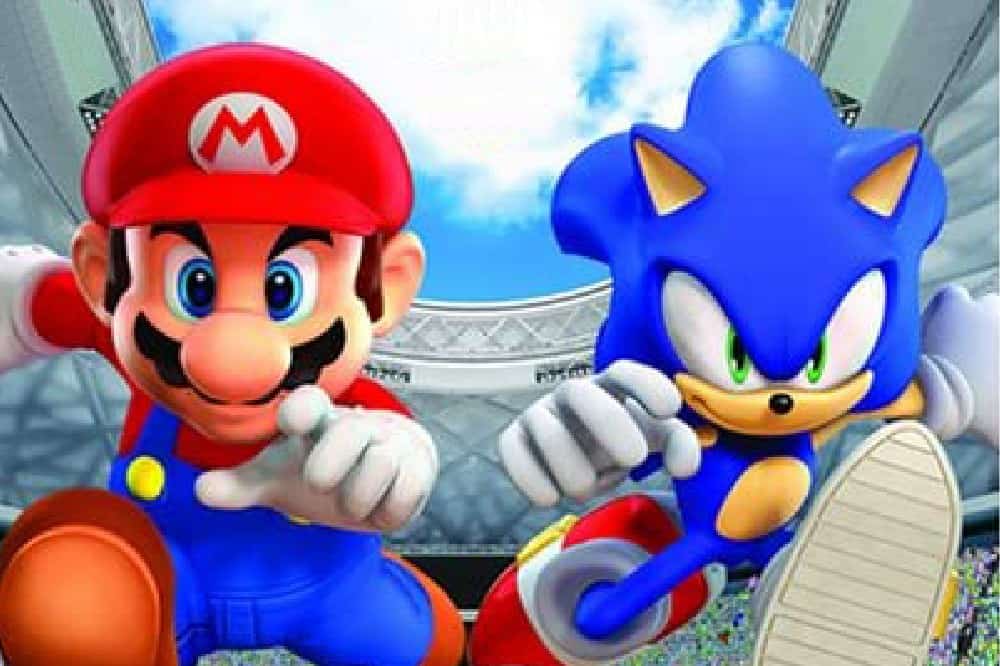
Yet, this relationship has not always been focused on competition.
The Truth Of The Matter
Throughout most of the late 1970s, Nintendo and SEGA could often be found working together. While SEGA would bring some popular Nintendo arcade games over to North America during this time, Nintendo would in turn create licensed clones of SEGA titles for release in Japan.
By 1983, both companies would look to bring their own unique gaming systems to market. Sadly, SEGA’s first few attempts would be unsuccessful in generating the same sort of sales numbers as their competitor.
Things changed with the release of the Sega Genesis in 1989. SEGA Of America, with the aid of a new flagship character named Sonic The Hedgehog, would unleash an aggressive marketing campaign that successfully allowed them to control a larger share of the industry than Nintendo by 1991. However, this success would be short-lived.
Shifting To Third-Party Development
Unfortunately, SEGA’s success in the home console market would end with the Genesis.
Following lackluster sales of both the SEGA Saturn and the aforementioned Dreamcast, SEGA would cease all console production and instead shift its focus to third-party development early in the new millennium.
In the winter of 2001, the Sega Corporation would issue a press release announcing the change and revealing that they would begin producing software for both the Game Boy Advance and Sony’s PlayStation 2 as part of a new management policy. This shift from hardware would see SEGA restructured as a “platform-agnostic” third-party game developer.
Shortly after this announcement was made, SEGA games would begin appearing on both Nintendo and Sony consoles. Microsoft platforms would also see a few SEGA titles released before too long.
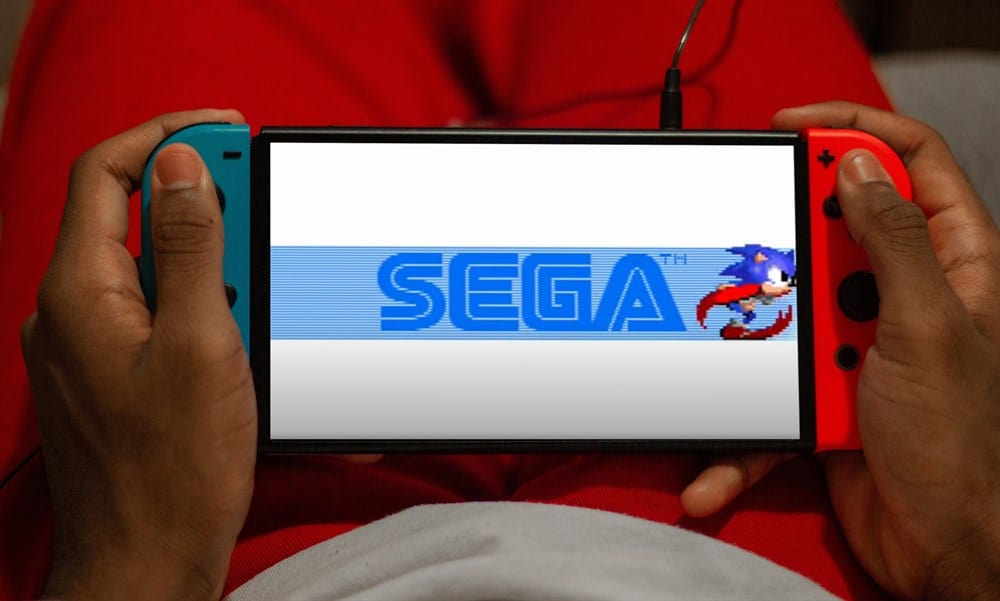
The company has remained a third-party developer since leaving the hardware field in 2001, awarding the rights to their numerous games to several different distributors.
While there was a rumor floating around back in 2001 that Nintendo was interested in purchasing the company after they shifted focus to software development, this never came to fruition.
And so, we come to the part everyone has been waiting for.
Who Owns SEGA?
SEGA is currently owned by SEGA Sammy Holdings. Sammy is a company based out of Japan that published numerous video games for Nintendo platforms between 1989 and 1997.
Their catalog includes everything from Amagon to Vice: Project Doom. Both Sammy and SEGA are owned by SEGA Sammy Holdings – which purchased the third-party developer back in 2004.
Prior to this, the company was owned by CSK between 1984 and 2004, with Gulf And Western Industries fulfilling the role of owner from 1969 until 1984.
So, while Nintendo may not own SEGA, there is little doubt that the pair will continue working together in the future.
The company plans to release many new and remade titles come 2023 to Nintendo platforms, including the highly anticipated Persona 3: Portable. Thus, those hoping for a little SEGA fix come the new year should have plenty to look forward to in the days ahead.
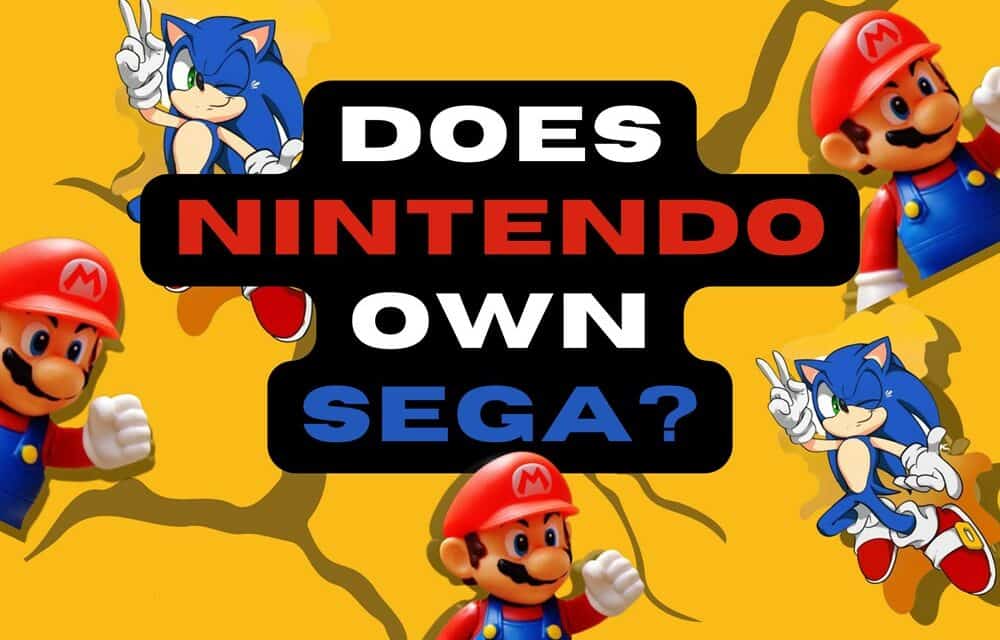
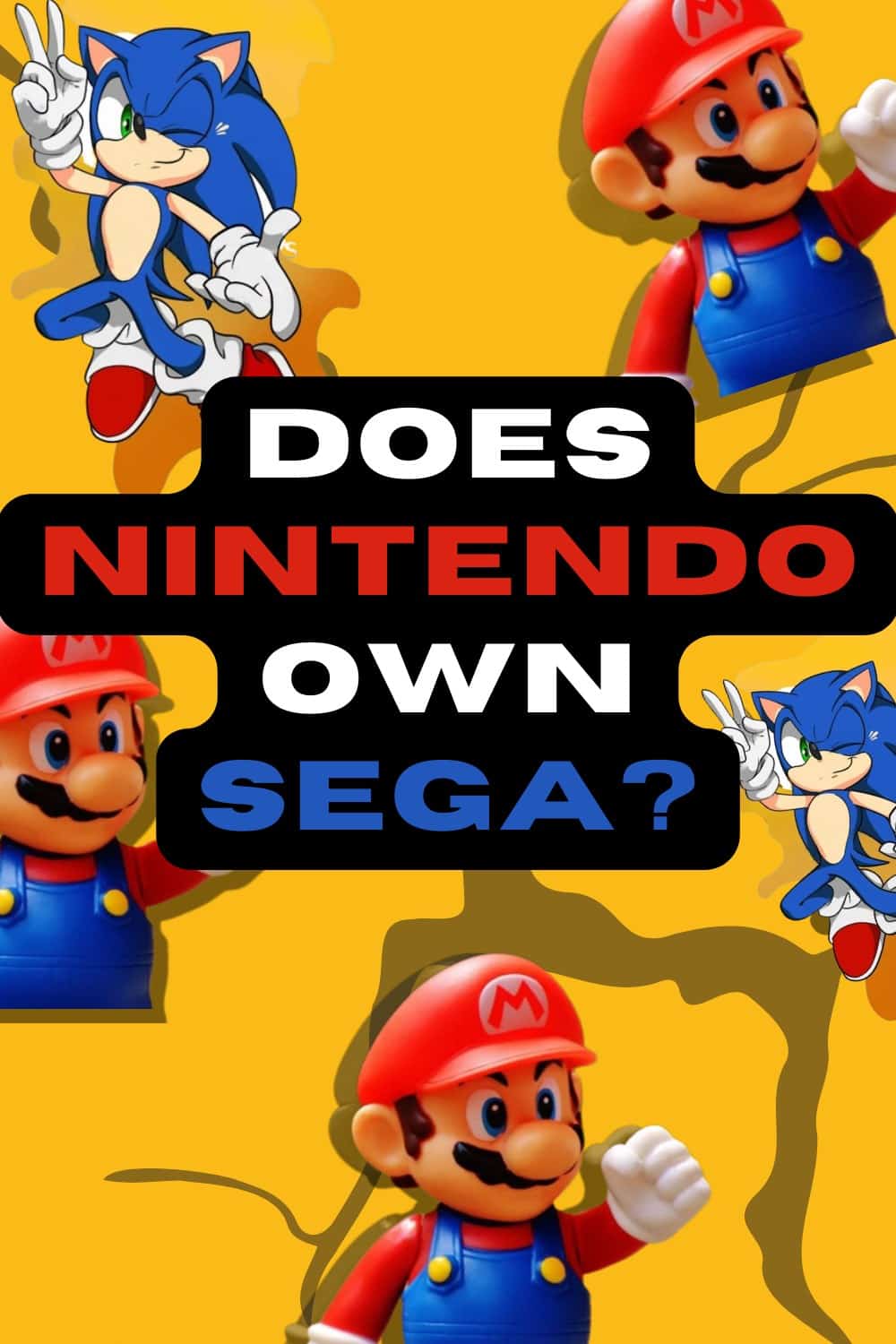

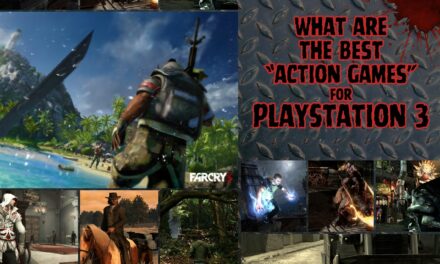
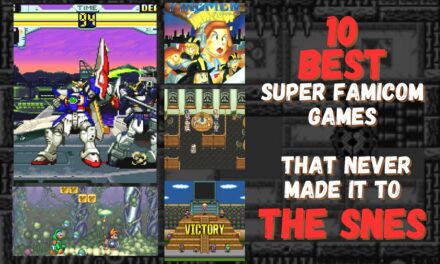
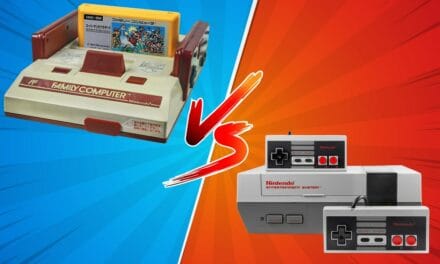





I had no idea that Nintendo and Sega were once part of the same company. It’s fascinating to learn about the history behind these two iconic gaming brands.